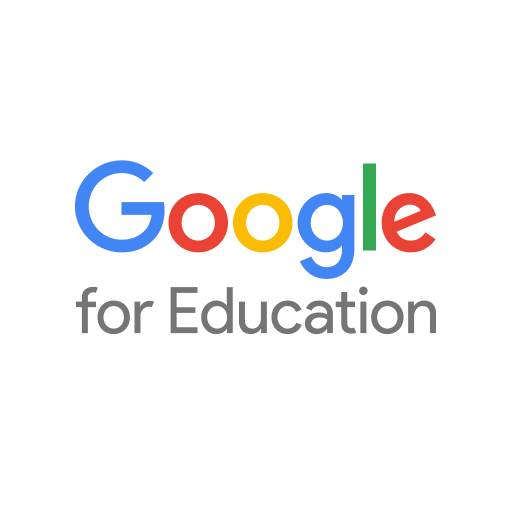When was the last time you wanted to know something and didn’t Google it? Or use whatever equivalent search engine to find the answer? In fact, Googling has become the ‘verbification’ neologism, making us ask ourselves what we did before the time of the internet offering instant answers to all queries.
In fact, we can say that Google has changed the way we inquire into things, or about things. When I need the quickest recipe for a microwave brownie, or want to know which active volcano I could visit safely, or need to find the best vet in a new city, I turn to Google. So why do I need to know anything, or keep anything in my brain, when I have Mr Google to give me all the answers?
And what does that mean for schooling? For learning facts and figures and having to regurgitate them onto an exam answer sheet, as we are so used to doing? It is becoming obvious that the entire world of knowledge is not only at our finger tips, but is changing faster than we can keep up. In fact, according to the Knowledge Doubling concept, the sum of human knowledge is doubling every 12 months, and is soon to become every 12 hours.
So, yes, there is no way and no need to keep all of this within our brains, or ask our children to do the same. Instead, globalisation has forced us to value skills over scholarship in the long run and in the real world. You can ace all your exams, but if cannot be culturally sensitive while speaking to your clients from the world’s most newly formed country, then you will not be successful in this climate of change and adjustments.
This does not mean Google can take the place of teachers. Google is instant knowledge, like instant soup or instant noodles or instant coffee. It is no replacement for the real thing: for libraries, and taking notes, and highlighting textbook pages with a marker. There are skills to learning and internalising that knowledge, that Google simple does not have a substitute for. The reason we need to accumulate knowledge, despite having it at our fingertips, is because it allows us to solve problems.
Like a doctor, who needs to memorise the names, purposes and interactions of various medicines, so that she can prescribe the correct one for you, without causing harm. Having knowledge at our beck and call inside our brain is required for us to be able to use it to get to the next level of application.
Things like search engines bring out the differences between knowledge and learning though, between simply giving information and teaching. Getting information is not the same thing as inquiring into something. Teaching students to think, to ask the right question at the right time, and harness the answers with morals and depth, is what inquiry-based learning is about.
These are skills that cannot be learnt from a textbook, or from a YouTube video. Our education system needs to take into account the changes in the world today. What students need to learn, and when, is crucial to the curve of knowledge being completed and ending in wisdom.
Students need to be ready to ask the big questions first, and then find the answers for the little details. Google is great for facts and procedures, but not for internalisation, synthesis and evaluation. The higher rungs of Bloom’s taxonomy of skills cannot be reached through search engines. Google can give you the pieces of the puzzle, but you need to put them together yourself, and you can’t do that without knowing a little bit about what the end result will look like.
Children need to be taught about the subtleties of human interaction and about how to wield the knife edge of critical thinking. They need to be trained in the real world aspects of thinking on their feet and being tolerant about other cultures, showing respect and gaining it, wherever they might go. These kinds of skills are not ones that you learn cramming textbook knowledge into your mind just to forget it after your exams.
Teachers are no longer the font of all knowledge, but they are facilitators of the inquiry process. The more they can direct children in the fun and games of learning through play and experimentation, the better youngsters will find the thirst for knowledge that was there all the time and just supressed by the landslide of rote knowledge that they thought they needed to pass exams.
However, I will always be a fan of books. And using encyclopaedias is a skill in itself, teaching children how to search, rather than having instant answers from a phone screen. There is something about the knowledge in a book that gives it weight, gives it gravitas. Turning the pages of a book is a skill we should all have and cherish, for the tactile pleasure it gives, as well as the slowing down of the world that happens. We all need to slow down in today’s fast paced world, and smell the roses, or rather the ink on the pages of a book. This is one skill we need to pass on to our children, or risk having them lose some of the grace we had while growing up.
Like I said in a previous blog post, we know a lot more about the brain now, and the thirsty brain of the young. The growing brain is primed for learning, but we, as educators and parents, need to be aware of the difference between searching and learning, and wisdom. Searching is about information, learning is about knowledge, and wisdom is about the big picture. Come to think of it, this is a lesson we could all learn more about, regardless of our age.
Elisa x


